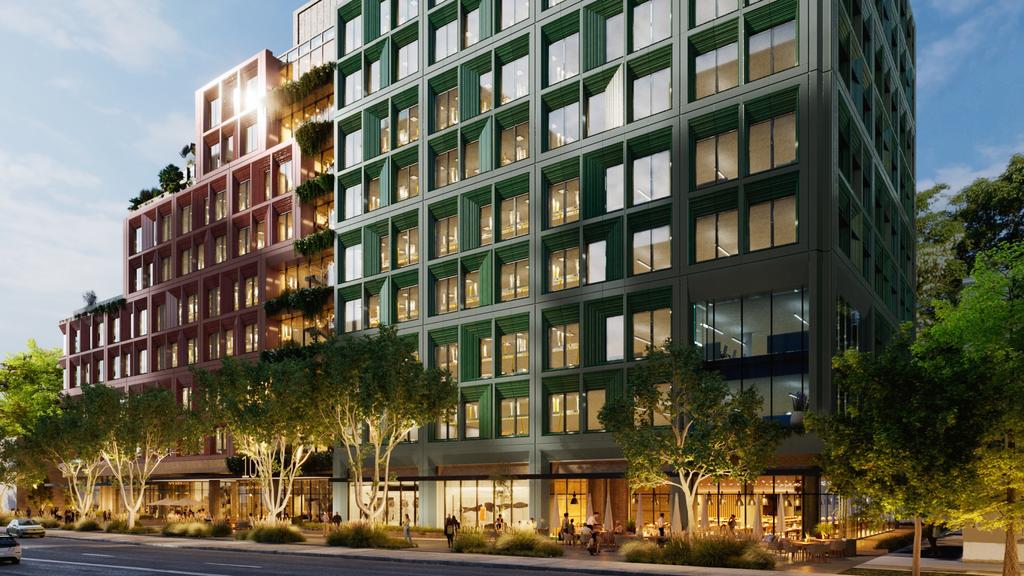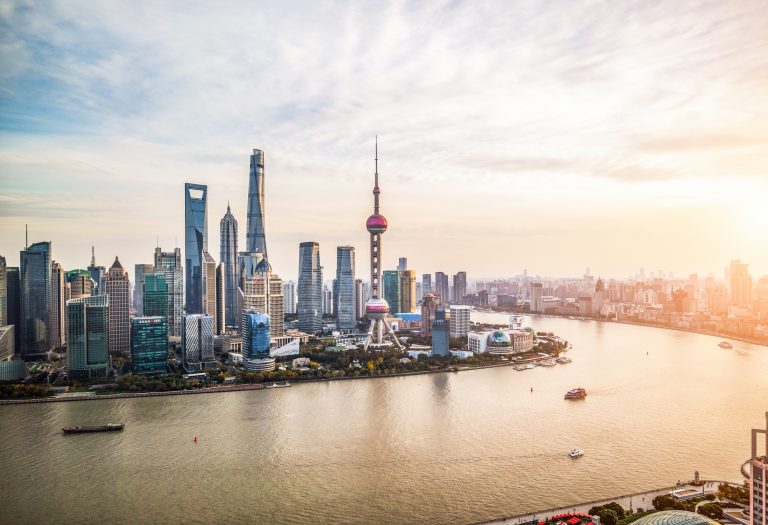Kurraba sets up life sciences hub in Sydney

Artist’s impression of the Kurraba Group’s planned $490m life sciences campus in Waterloo, Sydney.
Life sciences and biomedical property specialists Kurraba Group have unveiled plans for one of the country’s largest major commercial life sciences campuses, with a $490m project in Sydney’s emerging inner-city health and innovation precinct.
The sector is one of the hottest in global real estate, and industry experts estimate there are more than 200 life sciences real estate precincts being developed in Australia. But Kurraba has pointed to the unique focus and scale of its proposed hub as key differentiators.
It has optioned up a 26,000sq m site at 100 Botany Rd in Waterloo and its project is aimed at housing hi-tech laboratories and knowledge workspaces, anchored by facilities for the life sciences companies.
The campus is aimed at driving investment, productivity and growth in areas such as advanced medical and health sciences industries and providing an area in which research and development can be commercialised.
The project comes in the midst of a push to strengthen sovereign capabilities and to ensure that valuable IP is not “lost” offshore amid international rivalry in the critical field.
The precinct is designed to create a pipeline of 1200 new jobs in construction and about 1700 jobs from ongoing commercial operations, with more activity to be stimulated outside the area.
Kurraba chief executive Nick Smith said the campus would be the footprint for Kurraba’s innovation, life sciences cluster, centred on Waterloo and Alexandria.
“The campus is a key pillar in Kurraba’s cluster model plans, as we set to capitalise on investments we manage in the expanding life sciences and innovation ecosystem in the nearby Tech Central hub,” Mr Smith said.
He called out the importance of specialist facilities in sparking innovation.
“As a nation, Australia has a successful track record in undertaking quality R&D, but when it comes to commercialising life sciences innovations, Australia is world-leading in IP generation, yet we continue to lag-behind other OECD countries.
“We aim to change that by providing our best and brightest local innovators with the space and infrastructure they need, to help commercialise their ideas for the Australian market,” he said.
Global architecture firm Gensler won the NSW Government Architect’s Design Excellence Competition for the project, pointing to its focus on sustainability and strong ESG principles.
The design is rooted in the history and knowledge of the First Nations communities in the Tech Central Innovation Precinct.
Gensler’s global life science leader Ryley Poblete said there were now interdisciplinary sciences, which were accelerating the understanding of the world through technology, automation, and AI.
“This building will host scientists working on biologically-led solutions that enhance the quality of life and longevity of Australians and the global community,” Mr Poblete said.







